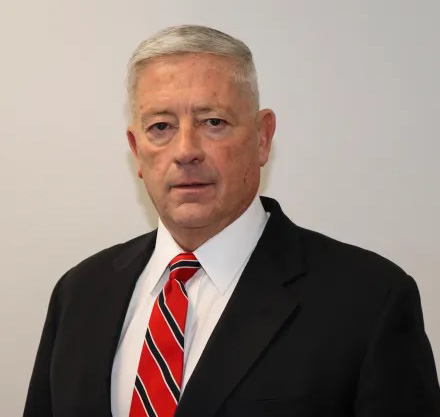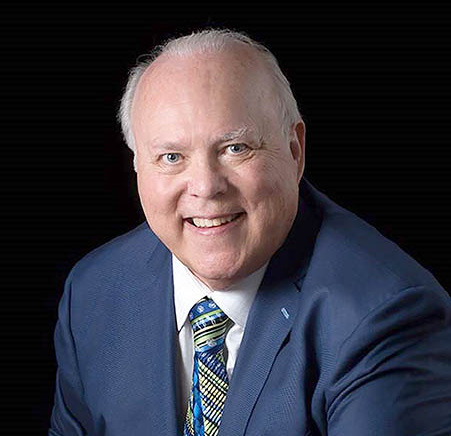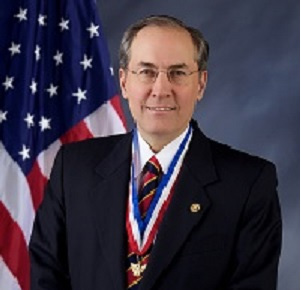What Scouts, Venturers, & Sea Scouts Can Do!
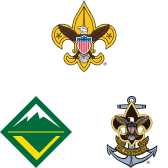



What Scouts, Venturers, & Sea Scouts Can Do!
Be part of Scouting America’s nationwide campaign to combat waterway and marine debris. Every year, millions of tons of plastic and other man-made materials pollute our waters, threatening marine life and ecosystems. Scouts, Venturers, and Sea Scouts can:
- Learn about this critical environmental issue
- Develop sustainable practices
- Take action through community service projects

Troop 621 of Olean, N.Y., cleaned up garbage at a campground in Allegheny State Park. Photo courtesy of Shelly Hillier
Learn about Aquatic Trash
Did you know that up to 12 million metric tons, or about 12 billion pounds, of plastic is dumped into oceans each year? Millions of pounds more is dumped into rivers, lakes, streams, swamps, and associated waterways. Disgusting right?
But it isn’t just plastic. Anything man made can become waterway or marine debris. The vast majority of this aquatic trash begins its journey to our oceans from land, sometimes miles away from our water resources.
Why does it matter?
Over 1 million marine animals are killed each year due to plastic marine debris, many more are killed from fishing line entanglement, poisoning, and loss of habitat. Just as importantly, waterway and marine debris pollutes soil, animals bred for consumption ingest the pollution, and the effects of waterway and marine debris negatively impacts our economy. Bad for animals, bad for the environment, bad for soil and food, and bad for the economy. Yikes!
You Can Make a Difference - Take Action
Scout Troops, Venturing Crews, and Sea Scout Ships can organize a Scouting for Clean Waterways Service Project.
Clean up projects can be held anywhere there is a need. Our waterways and the areas around them, parks, and recreation areas are all ideal locations for Scouting for Clean Waterways service projects. Remember that trash on land will frequently become aquatic trash.
Scouting for Clean Waterways service projects should last between 2-4 hours.
Scouting units can organize the service project on their own or they can participate with community organizations hosting similar events.
Scouting for Clean Waterways service projects can be held anytime. Scheduling the activity each year between April and June, as an Earth Day, or as a Scouts Trash the Trash Day activity are the most popular options.
Recognize the Scouts Accomplishments
- Scouting for Clean Waterways participants may be presented with the Scouting for Clean Waterways’ certificate after logging the service project on Scoutbook.
- Scouting for Clean Waterways participants may be presented with the Scouting for Clean Waterways’ patch, available from national supply or your local Scout Shop.
- Scouting for Clean Waterways service projects count toward rank advancement.
- Other recognition opportunities such as the Conservation Good Turn Award are also available as an alternative.
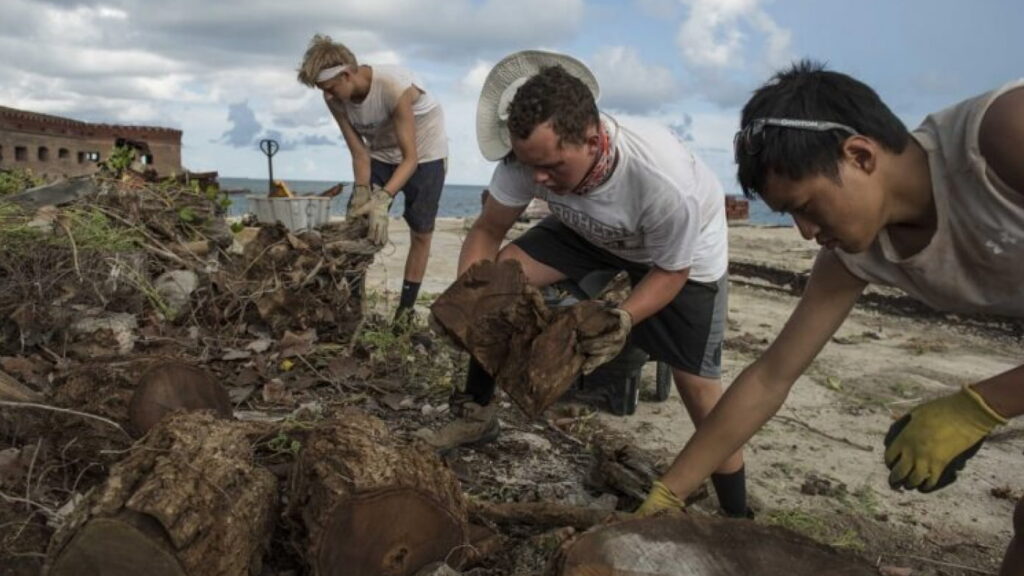
Share The Story
Tell us about your Scouting for Clean Waterways activity.
- Enter your units information on Scoutbook.
- Post pictures and stories on our Scouting for Clean Waterways facebook Group at: https://www.facebook.com/CleanWaterScouts/
- Email your stories to us at CleanWaterScouts@scouting.org
- Share your stories with your Council and with local media. Let our communities know how Scouts and Venturers are taking action to reduce aquatic trash and why it is important.
Share The Science
- Scouts and Venturers are encouraged to participate in the NOAA Marine Debris Program by collecting and reporting data on the Marine Tracker app. Download and share the .csv file from the app with CleanWaterScouts@scouting.org

Resources
More details coming soon!

Scouting For Clean Waterways supports several Sustainable Development Goals (SDGs) outlined by the United Nations, including:
- Clean Water and Sanitation
- Life Below Water
- Life on Land
- Responsible Consumption and Production
- Partnerships for the Goals


